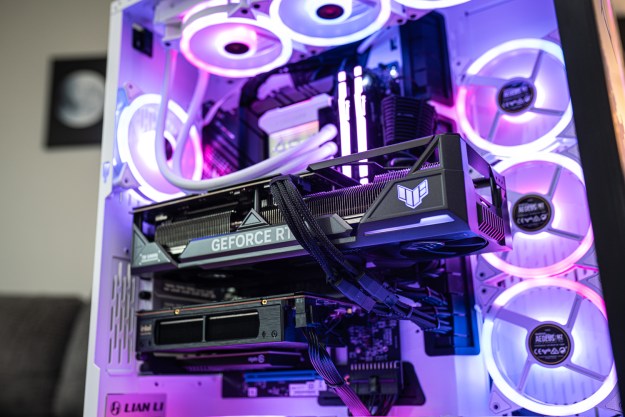Every major tech giant has a tool or platform aimed at improving the way students and children learn how to code: Apple has Swift Playgrounds, Microsoft has its Imagine coding school, and Google has several programs for educators. But the search giant is trying something new with Project Bloks, an open hardware platform for “developers, designers, and researchers” to create physical programming experiences for children.
Bloks is essentially like programming with blocks of Legos. It starts with a puck, which can have different forms and is what’s used to interact with an object. The puck can have instructions ranging from “turn on/off, move left, jump, play music.” Place the puck on the base board, which reads these instructions via a capacitive sensor. You can connect multiple base boards together, all of which end up attached to the brain board. Brain boards are built on a Raspberry Pi Zero and provide power and connectivity.
“We’ve created a modular system for tangible programming made up of electronic boards and programmable pucks — which enable you to send instructions to devices when connected together,” according to the new Bloks website from Google.
Some examples Google provides for creating different experiences are a sensor lab, a kit packed with sensors that can instruct other objects to perform such tasks as turning on a light when the temperature drops; a music maker that allows kids to compose a track, with different instruments taking the place of the puck (the resulting sounds could be sent to a wireless speaker); and a coding kit, which puts “physical code together to send instructions to toys around you — like controlling a robot to create some art.”
Google is on a bit of a modular craze, with its first modular phone arriving as early as next year. Project Ara lets you swap out components easily to suit your needs, like a secondary display, a bigger battery, or a different lens for the camera. Project Bloks is similar in that all the pieces are modular, making it clear that Google is betting that modular components are the future.
Project Bloks is still in its early stages; Google says it is still conducting active research. There will be more research being conducted throughout the summer, and you can sign up via the company’s website if you are interested in participating.
Editors' Recommendations
- Google’s Project Starline is a magic mirror to bring 3D video chatting to life
- Google’s new Fundo app gives creators and fans a new way to connect
- Google lead says he’s ‘disappointed’ with Apple’s new iPhone security program
- Project xCloud tests draw closer as new apps surface on Microsoft Store
- Love eating out? Google Maps offers a new way to find a menu’s popular dishes


